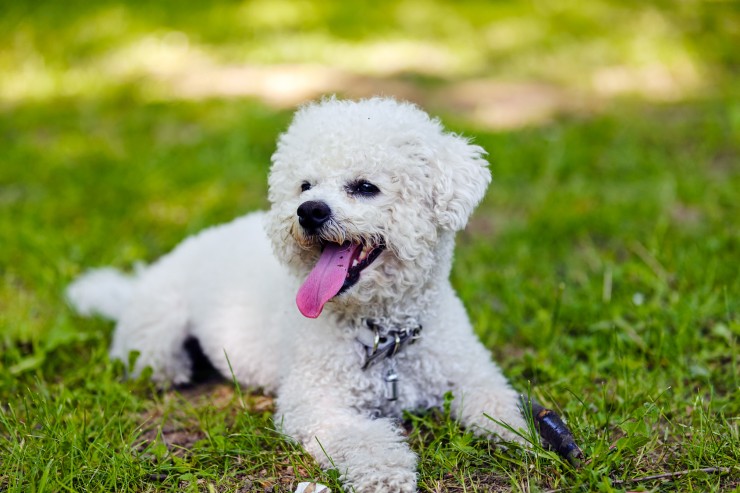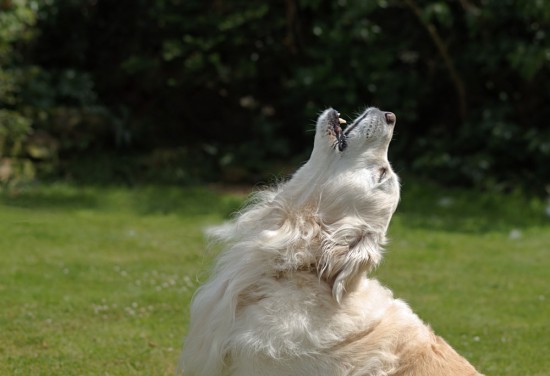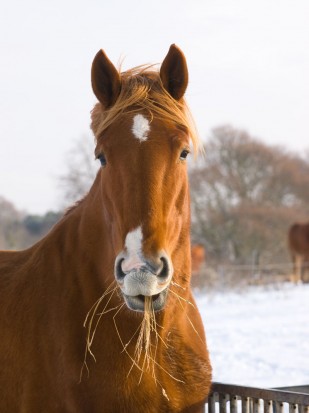There has not been much research done in the field of nutritional requirements for the various breeds of dogs in today抯 society but certain things are evident. The evolution of all dogs is linked to similar ancestry but some breeds have distinct nutritional requirements, processing nutrients in totally different ways.
For example; most of the toy breeds often experience difficulties in maintaining their blood/calcium levels when pregnant or lactating and commonly develop eclampsia (which we know as 搈ilk fever?. When their diets are supplemented with additional calcium the blood/calcium level still doesn抰 return to normal.
All animals require energy in the form of calories but for some breeds an excess of energy food will result in weight gain and sometimes obesity. There are certain groups of dogs where it is necessary to limit how much energy food they eat such as dogs which have been neutered and are lacking in exercise. These dogs will become overweight partly due to changes in the hormone balance and more so if fed too much high energy food. The puppies of large breed dogs may develop skeletal abnormalities, if overfed on energy food, because this type of food accelerates the speed at which they grow. Conversely, too little energy food can lead to a weakened immune system, diminished growth and malnutrition.
Working dogs have a higher requirement for energy food than the average household pet because they burn more calories and usually eat only one meal per day, without scraps or treats in between. Included in the working dog category, among others, are guard dogs, racing greyhounds, police or patrol dogs, herders, military dogs, sled-pulling dogs and hunters. These dogs also need more water than a domestic pet and it is wise to supplement their diets with recommended minerals and vitamins, especially if you are not feeding them specially manufactured food products for working dogs.
Food with a high fat content is loaded with calories and dogs love it but, whereas it may have excellent nutritional value for a sled pulling dog, don抰 feed your Labrador too much of it because the Labrador has a general tendency to overeat and too much fat will lead to obesity. If your dog抯 coat is looking dull or dry feeding him a little more fat or fat acid supplements will put the shine back into his coat.
As far as protein is concerned most dog breeds require approximately the same amount on a daily basis. However, there are certain types of terriers which have a tendency to develop kidney problems so if you have a terrier, ask your vet about controlling his protein intake. Too much protein has also been linked to aggressive behavior so if you have a breed with aggressive tendencies make sure his food doesn抰 contain a high volume of protein.
In summary, read as much information as you can about the breed of dog you own so that you can become better informed about your particular dog抯 nutritional requirements. You might also want to seeks advice from your vet who will have a wealth of experience and knowledge in this subject.

 Why Horse Crops Dont Work As Well As We Think
Why Horse Crops D
Why Horse Crops Dont Work As Well As We Think
Why Horse Crops D
 Learning More About The Most Common Pancreatic Problems In The Dog
Learning More Abo
Learning More About The Most Common Pancreatic Problems In The Dog
Learning More Abo
 Can Canine Flea Treatments Lose Their Effectiveness Over Time?
Can Canine Flea T
Can Canine Flea Treatments Lose Their Effectiveness Over Time?
Can Canine Flea T
 Why Dogs Howl And How To Deal With It
Why Dogs Howl And
Why Dogs Howl And How To Deal With It
Why Dogs Howl And
 Horse Tips On How To Winter Feed & Keep The Bills Down
Horse Tips On How
Horse Tips On How To Winter Feed & Keep The Bills Down
Horse Tips On How